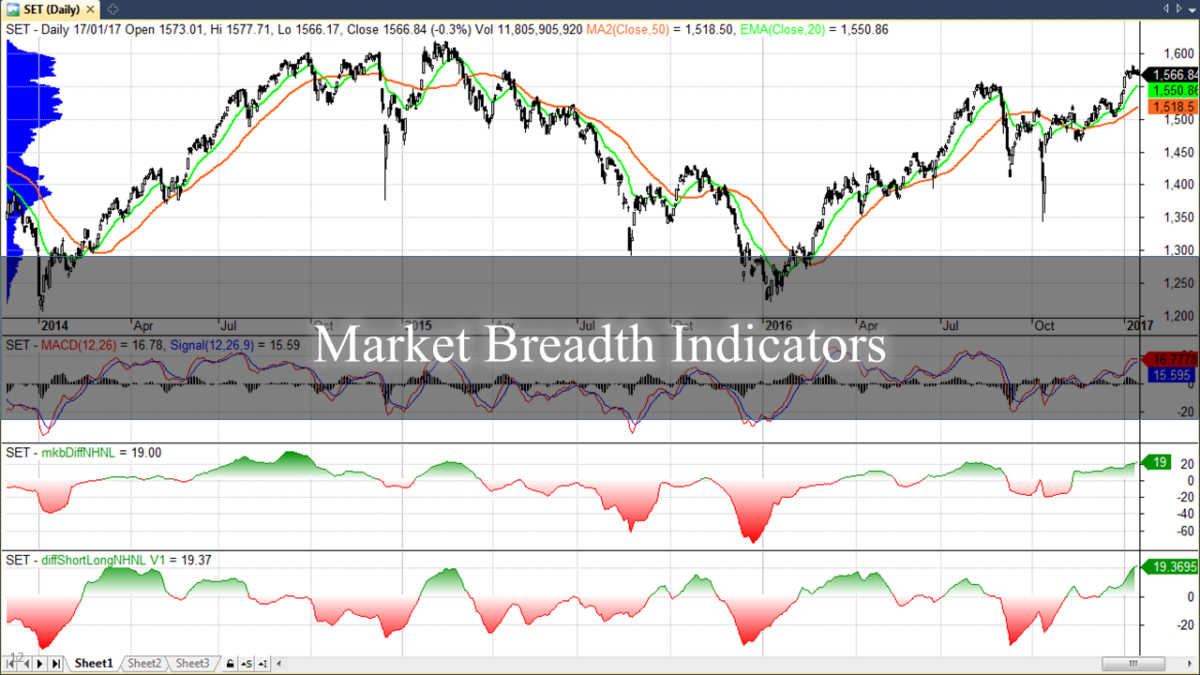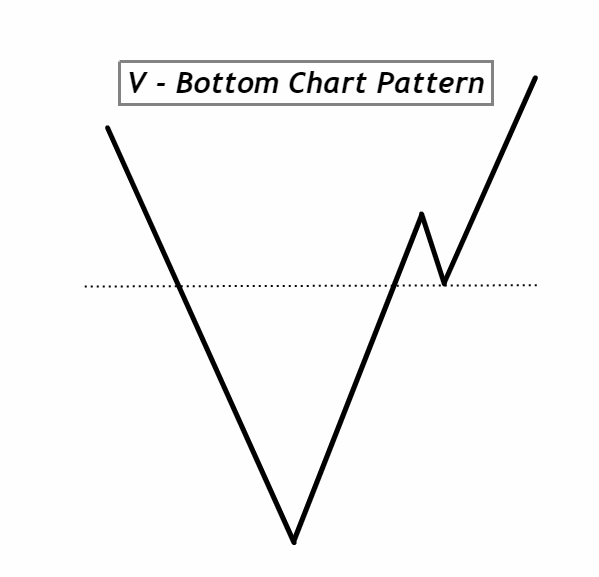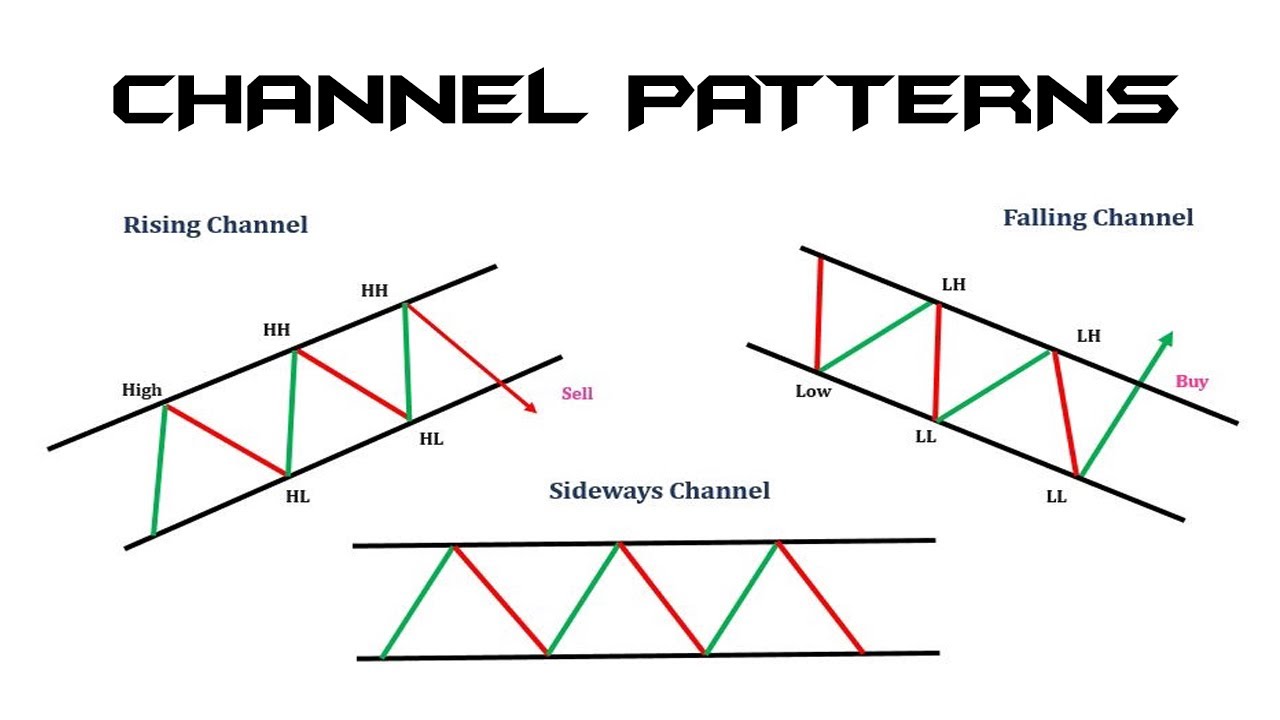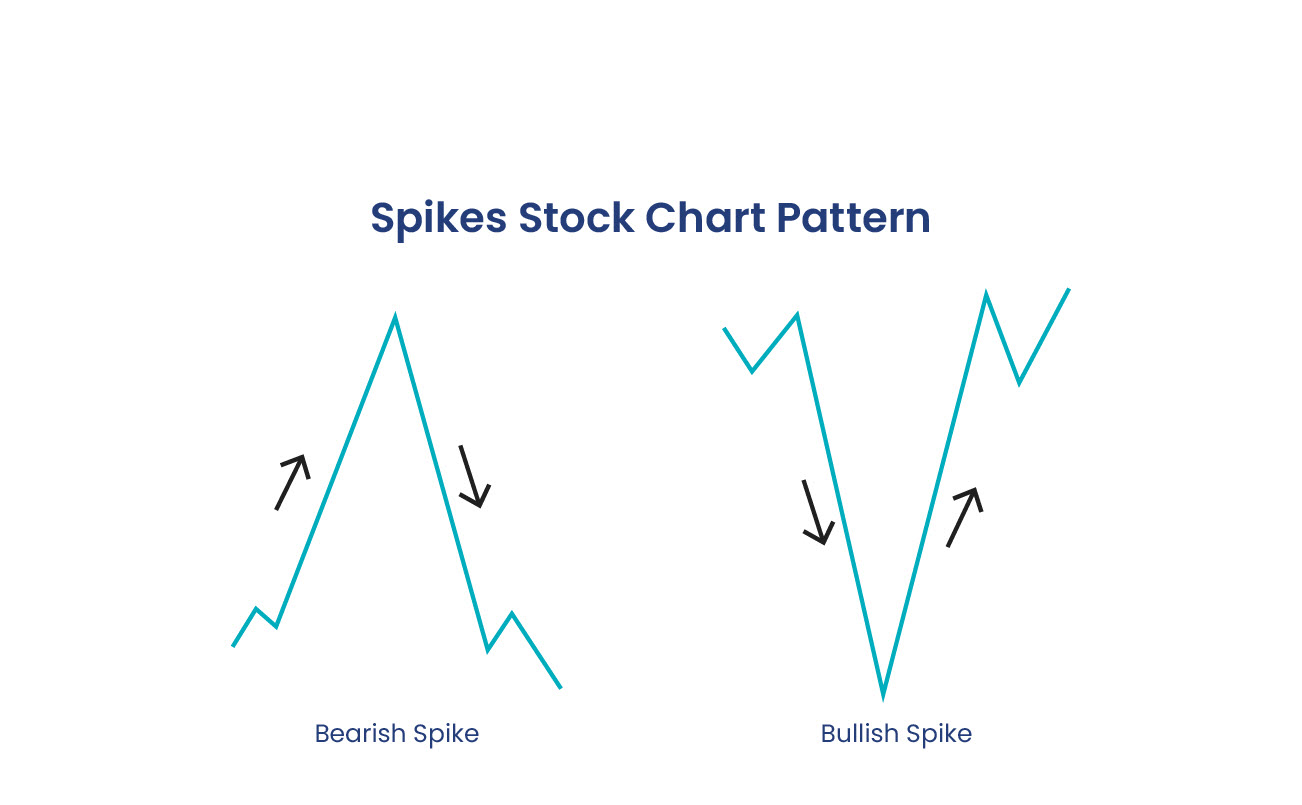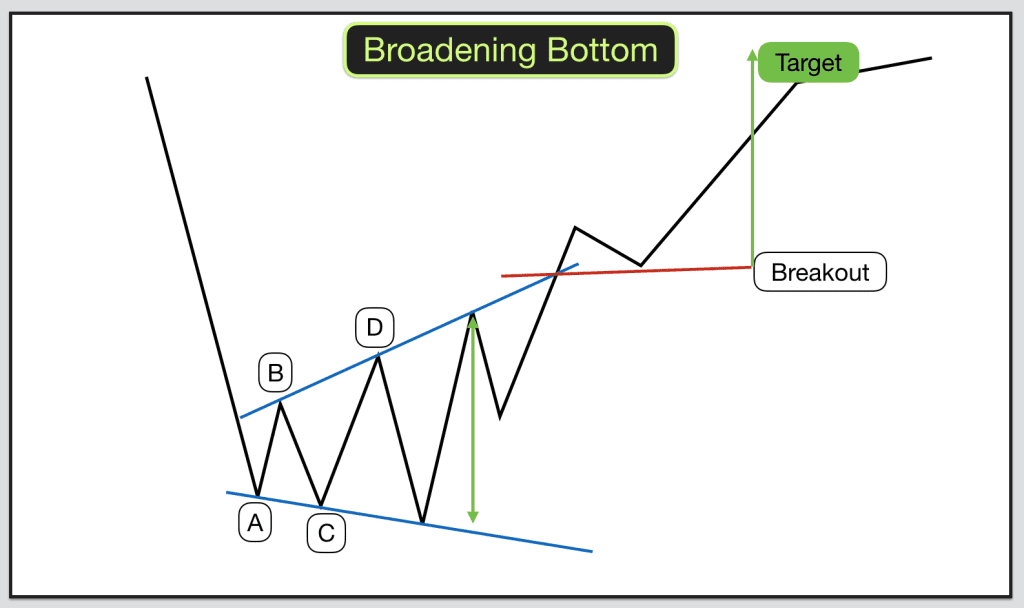Effects of a Weakening U.S. Dollar
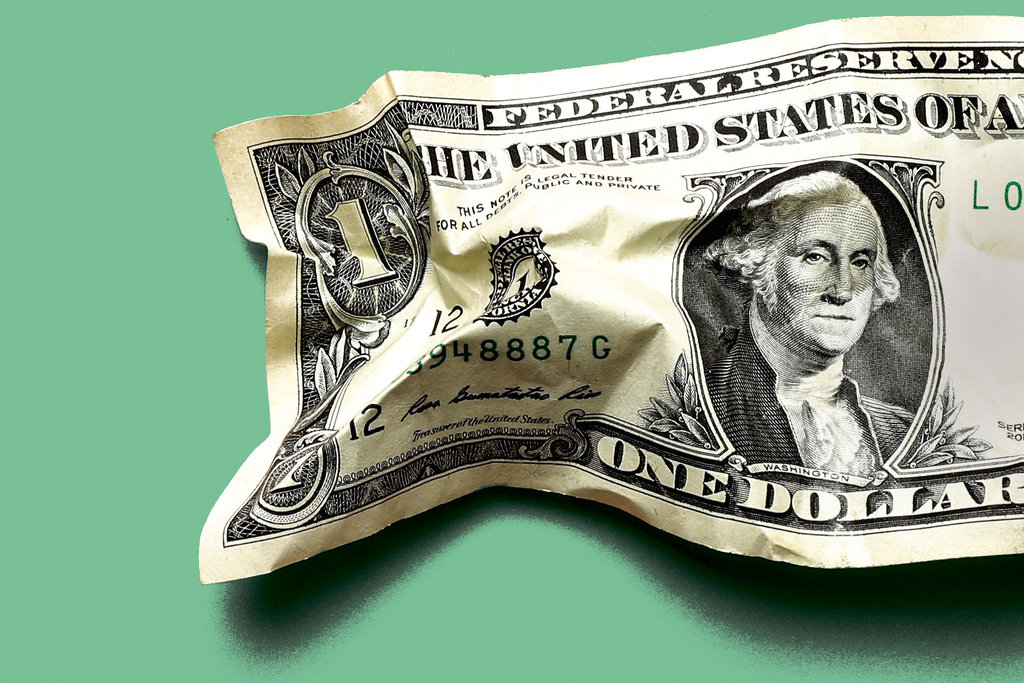
By Author
Updated February 8, 2024
What Does a Weak U.S. Dollar Mean?
Recently, media outlets have been buzzing about the weakening of the U.S. dollar, but what does that really mean? The term “weak dollar” signifies that, in relation to other currencies, the U.S. dollar is trending downwards. In other words, a weak U.S. dollar can be exchanged for lower amounts of foreign currencies. A Barron’s article published on December 2nd claimed that the U.S. dollar had fallen 10.2% since March 18th; the lowest it has been in over two years.
Why the U.S. Dollar has Weakened
There are many reasons why the value of the U.S. dollar has diminished. In light of the pandemic, analysts hark on the actions of the Fed as well as economic activity. The COVID-19 global pandemic has increased national debt and the U.S.’s relative failure to adequately handle it has caused the country to fall short in relation to other developed nations. As a result, investors have been moving money out of dollars and into gold which in turn weakens the dollar. Furthermore, in March, the Fed cut interest rates to almost zero, causing bonds to be less attractive and narrowing the advantage they held over comparable assets in Europe. The Fed has also been printing more money, resulting in a lower value of the U.S. dollar.
Some analysts believe its plunge is only beginning, expecting further weakening over the next year that will put its value at a historic level that has not been witnessed in over a decade. This forecast is partially due to the recent presidential election, as a Biden administration is expected to reduce uncertainty in international trade policy. Additionally, the U.S. dollar is predicted to continue to weaken if stimulus packages remain insignificant. In relation to other developed nations, the U.S. has fallen short in regard to providing a stimulus package for its constituents. For instance, the European Union agreed to a 700 billion euro ($828 billion) economic stimulus package. Congress, on the other hand, has remained divided and in stalemate; as such, a very small and inadequate stimulus package is expected to pass.
Benefits of a Weakened U.S. Dollar
There is an argument to be made that a weakened U.S. dollar is beneficial for markets and the global economy. A weak and therefore cheap U.S. dollar means that there are more dollars floating around, which causes global monetary conditions to be nice and loose. The benefits will be significantly felt by emerging markets that heavily rely on U.S. dollar accessibility. A weakened U.S. dollar is also beneficial for U.S. exporters as their goods will seem cheaper to foreigners and result in U.S. economic growth and may attract foreign investors to U.S. stocks.
Investors can take advantage of a weakened U.S. dollar in a multitude of ways. For example, investing in commodities may be advantageous for investors. Commodities are priced in U.S. dollars; when the U.S. dollar falls, the price of a commodity rises because it will require more dollars to purchase the commodity. As many investors have already done, turning to gold may prove profitable. Many analysts believe gold will continue to perform as the U.S. dollar sinks, making it a beneficial investment for many Americans. By the same token, cryptocurrencies are gaining traction. Bitcoin, for instance, is denominated in U.S. dollars and as such has an inverse relationship with the value of the dollar.
Consequences of a Weakened U.S. Dollar
According to USA Today, there are few certainties in life: death, taxes, and the dollar’s status as the world’s reserve currency. Yet, the certainty of the U.S. dollar’s reign has recently come into question as it has weakened while the Chinese yuan continues to increase in value. If the dollar were to fall from its perch, interest rates would likely rise for American consumers and businesses, making everything from buying a house to building a factory more expensive. Data shows that more and more Americans feel more certain about the drastic fall of the dollar’s global value. According to the Commodity Futures Trading Commission, hedge fund bets against the dollar in futures markets are at their highest level in almost a decade. Analysts that believe the dollar could lose its global status cite issues far before COVID-19 swept across the planet. Many see the dollar’s potential fall from leadership as a product of increasing volatility within the United States. Trust within the nation has decreased significantly, politics are becoming increasingly more dysfunctional, and U.S. institutions are becoming weaker. Under the Trump administration, global confidence in the U.S. has been undermined and the dollar has suffered accordingly. According to Bloomberg, “the world is having serious doubts about the once widely accepted presumption of American exceptionalism” (2020). Further, World Finance lists three criteria for a reserve currency: it must “play an outsize role in global trade, serve as a global creditor, and have a history of monetary stability” (2020). Particularly after the U.S. – China trade war, the U.S. has considerably failed to meet these requirements. A combination of factors such as these has led many people to bet on the dollar indeed falling from its revered status.
While the U.S. dollar could potentially lose its revered status, some believe it is not likely. There are many reasons why the U.S. dollar could remain prominent, but most significantly, the U.S. is the world’s best customer, contributing largely to the export market and becoming the adopted currency in many other nations. However, a weakened U.S. dollar has other consequences. For one, purchases of foreign goods would result in Americans spending more on goods, which would ultimately increase inflation. When the price of imported products rises and consumer spending falls, retailers may hike the prices of other products to generate more profit, which can only further decline consumer spending. As a large imported good, fuel prices are expected to rise as the nation heavily depends on oil. When the dollar weakens and goods become more expensive, wages could also be lowered or remain stagnant. Odds are, workers could use an increase in wages to pay for higher costs of fuel and other goods, but businesses may not be able to provide increased wages due to the same expenses. As a result, some businesses may have to cut benefits or lay off employees. Lastly, conflicts over currencies have historically led to trade wars where import tariffs are imposed; usually, these trade wars are not productive and do not result in positive gains.
Overall
The U.S. dollar has been weakening throughout 2020 as a result of the global pandemic and its multitude of consequences. A lowered value of the dollar is not the end of the world, but it does have its consequences. Potentially, even, the dollar could fall from its leadership status after decades of reign. At the same time, a weakened U.S. dollar has its benefits; there are many markets that investors can participate in to increase profits despite a devalued dollar. If possible, it is important to continuously examine the dollar’s value in the global economy and take advantage of new opportunities.



